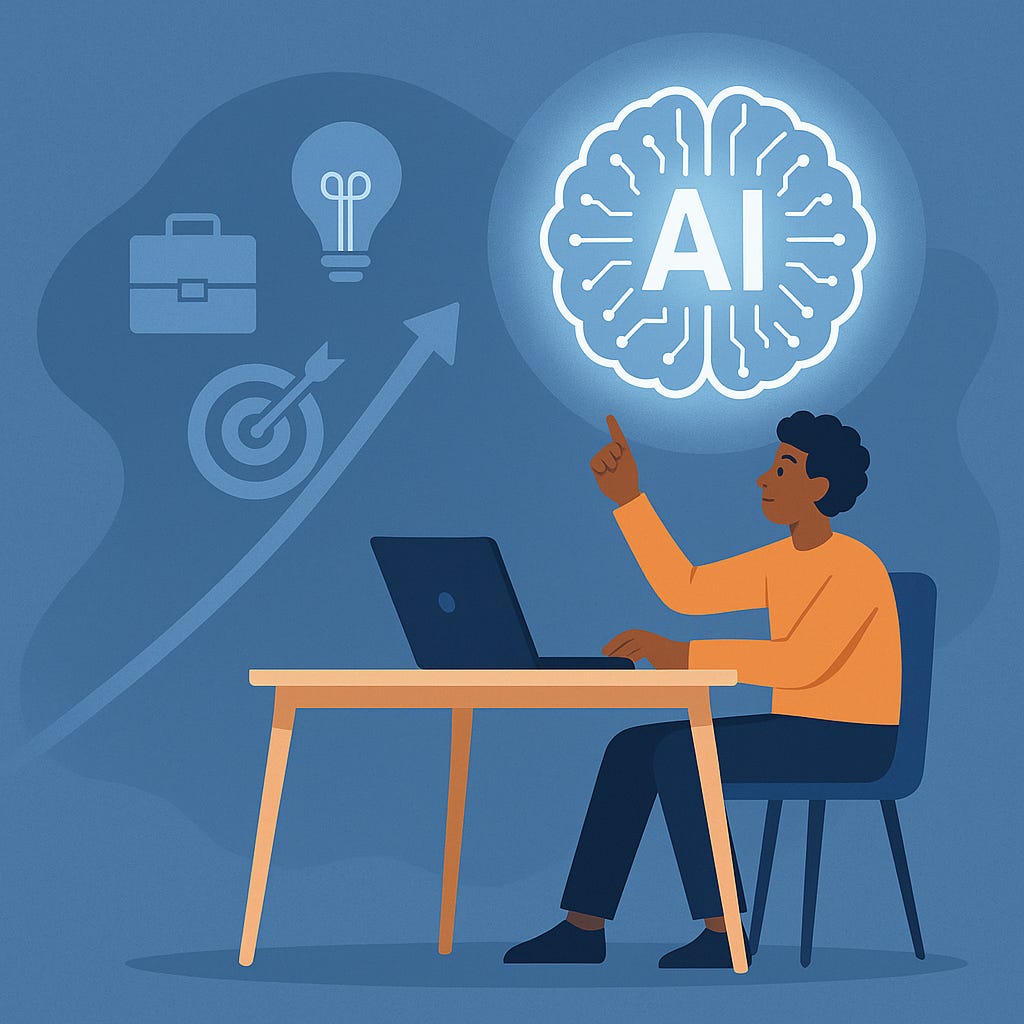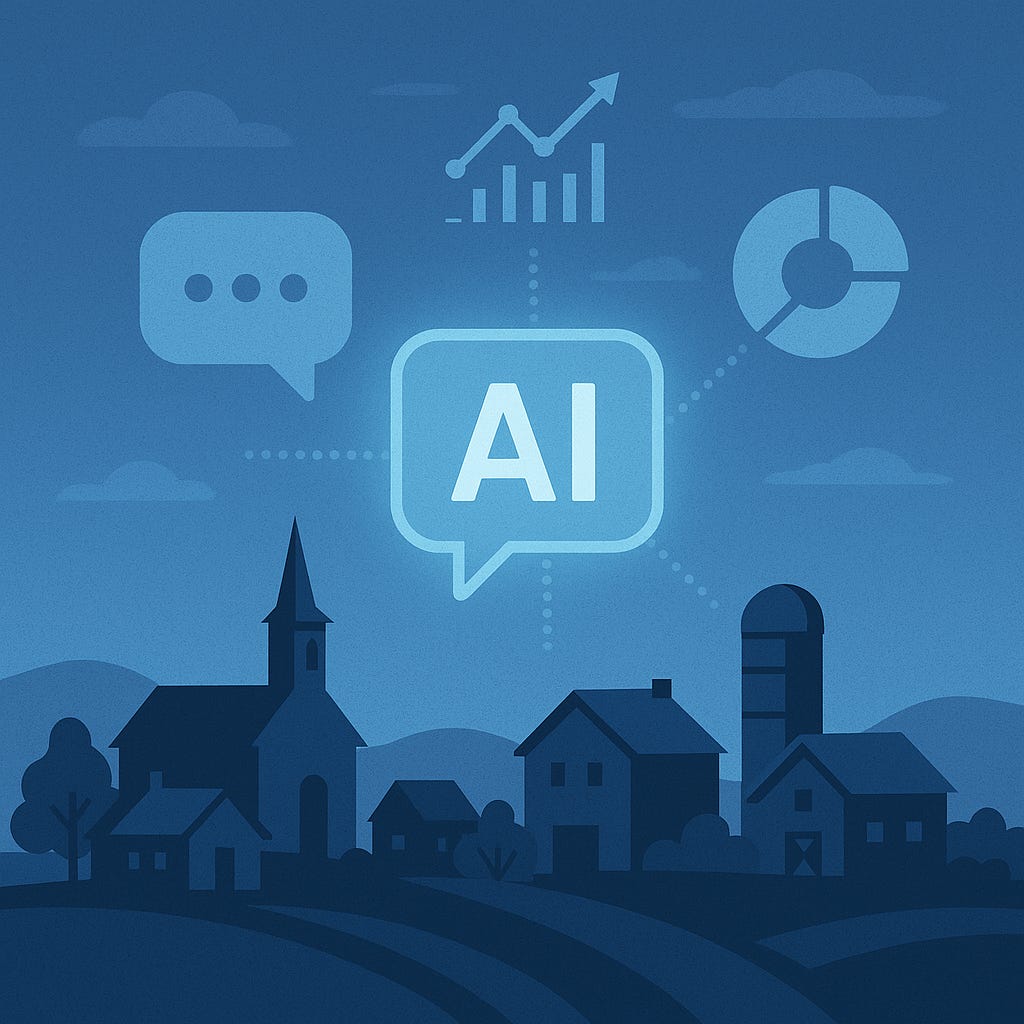The Rigged Monopoly Study: Why Privilege May Soon Matter Less
The Monopoly Study: A Rigged Game of Privilege
The Monopoly Study: A Rigged Game of Privilege
At UC Berkeley, psychologist Paul Piff and his colleagues designed a simple but revealing experiment. Two students sat down to play Monopoly. But before the first roll of the dice, the rules were quietly rigged.
One player started with double the money and two dice instead of one. The other was stuck with half as much and only a single die. The outcome was predetermined.
What happened next was more surprising. The advantaged players didn’t just win — they started acting like they deserved it. They spoke more loudly. They ate more snacks. They bragged about their “strategy.” They overlooked the obvious fact: the game was unfair from the beginning.
The study revealed a truth about inequality that extends far beyond board games: when privilege exists, people not only benefit from it, but often come to believe they’ve earned it.
What’s Changing: The AI Shift
For much of history, privilege has tilted the playing field. Wealth, elite education, and family connections determined who got the extra dice.
But something new is happening now: artificial intelligence is rewriting the rules of the game. Privilege still matters, but the advantage is shifting toward those who can use AI effectively.
🔑 Low Barriers to Entry
In the past, productivity required expensive tools, advanced degrees, or large teams. Today, AI tools are cheap, sometimes free, and widely available.
Example: A high school student in rural America can use ChatGPT to draft a business plan, Canva’s AI to design graphics, and Shopify to launch an online store — competing with entrepreneurs who once needed seed funding and professional consultants.
🔑 Leveling the Knowledge Gap
Access to knowledge used to be gated by elite universities, insider networks, or costly consultants. AI now acts as a personal tutor, strategist, and analyst, making world-class insights accessible to anyone who asks the right questions.
Example: A first-generation college student can use Khan Academy’s AI tutor for advanced calculus or GPT-based study guides for law exams, essentially accessing the kind of personalized tutoring once reserved for wealthier peers.
🔑 Scaling Individual Effort
A single entrepreneur with AI can design logos, write marketing campaigns, analyze financial data, and build customer outreach systems — the kind of work that used to require a team.
Example: A local bakery owner uses AI to generate social media posts, predict sales trends from point-of-sale data, and even test new recipes. They expand their reach and efficiency without hiring a marketing or analytics team.
🔑 Merit Over Connections
Employers are increasingly focused on skills-first hiring. With AI, someone can build a portfolio of projects that demonstrate real results, even without an Ivy League degree or a powerful network.
Example: A self-taught coder from Detroit uses GitHub Copilot and open-source AI models to build apps, publishing their work online. They land a job at a major tech company by showcasing results — bypassing traditional “who you know” pathways.
🌍 Communities Are Shifting Too
AI isn’t just helping individuals get ahead — it’s also becoming a tool for communities and organizations that don’t have massive budgets or elite connections.
🏘️ Local Government Innovation
Small towns are using AI chatbots to handle basic city service questions (like pothole reports, permit requests, or trash schedules). This gives residents the same responsiveness that big, well-funded cities provide — without hiring large call centers.
🤝 Nonprofit Empowerment
Nonprofits that once relied on expensive grant writers now use AI to draft compelling proposals in less time. A local food pantry can apply for five grants in a month instead of one, expanding its ability to serve families in need.
📚 Education Access
Underserved school districts are piloting AI tutors that help students with math, reading, and languages. Instead of waiting for scarce tutoring resources, every student gets access to personalized help — something once only wealthy districts could afford.
🌱 Community Entrepreneurship
Farmers’ co-ops in the Midwest are experimenting with AI-driven crop forecasting tools (previously only used by large agribusiness). They can now predict yields, set fairer prices, and negotiate better deals in the marketplace.
The Takeaway: A New Kind of Advantage
The Monopoly study showed us how privilege distorts behavior and outcomes. But AI is changing the rules of the game in the real world.
Tomorrow’s winners won’t necessarily be the ones who start with two dice and extra cash. They’ll be the ones who learn to think with AI — using it to amplify their effort, creativity, and vision.
Privilege will always exist. But in the age of AI, it may matter less than ever before. The new “privilege” is adaptability, curiosity, and the courage to experiment with new tools.
So the real question is: when the rules of the game change, will we keep playing the old version of Monopoly, or will we pick up the new dice that AI has put on the table?





I love this!